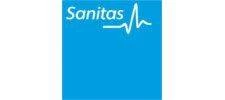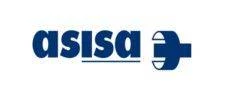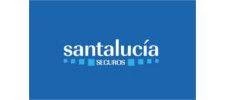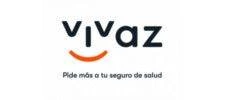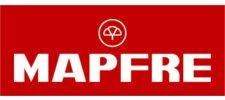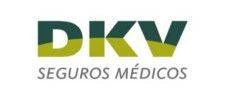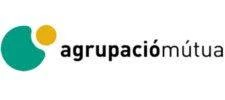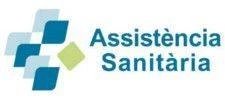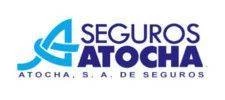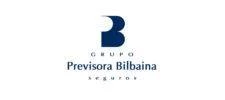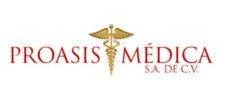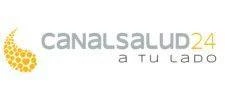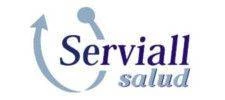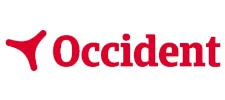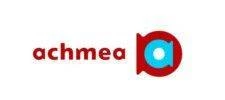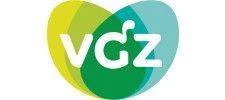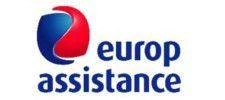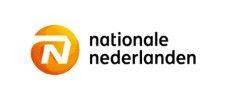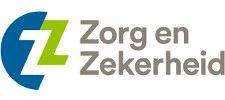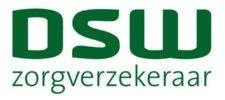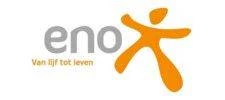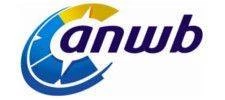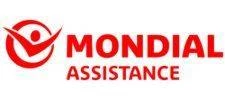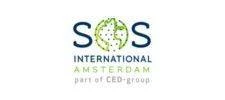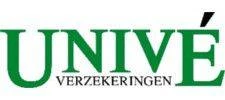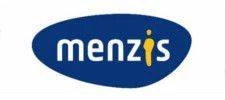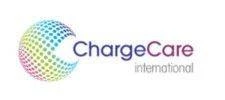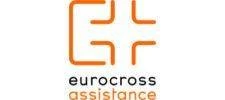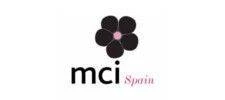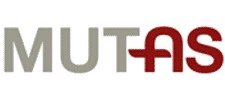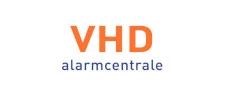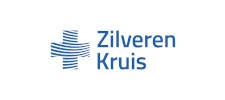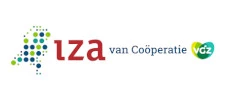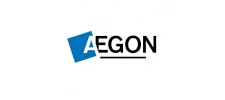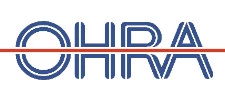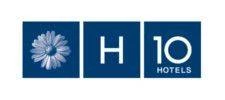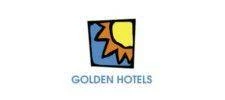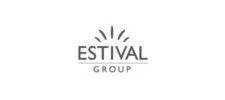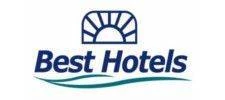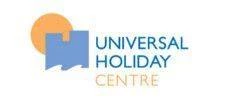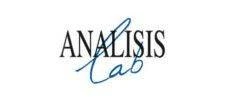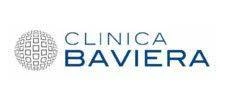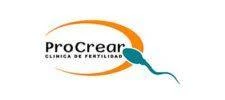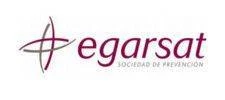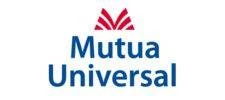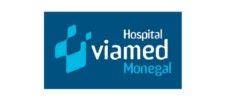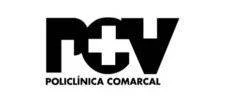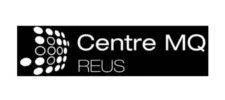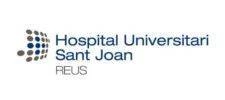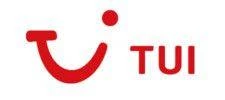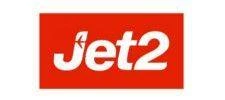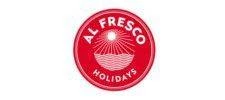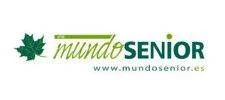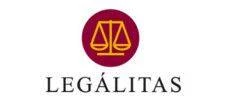Osteopathy and Physiotherapy
Osteopathy is a complementary discipline to medicine that is based on the application of multiple techniques for the manipulation and massage of the human skeleton and musculature to achieve the prevention and treatment of many diseases and injuries. Our doctors and nurses work as a team with the osteopath to achieve the maximum benefit for our patients. Back, neck and shoulder pain, headache, joint problems, sports injuries, etc. all benefit greatly from osteopathy. It is very common to also combine it with medical acupuncture or sports massage.

-
Cranial osteopathy
Cranial osteopathy is based on the application of manual pressure techniques on the cranial structure to relieve pain and relax tension. It offers a wide range of possibilities for treating multiple problems from newborn to elderly. By feeling the warmth of the osteopath's hands on the head, patients improve their well-being, sleep better and reduce the symptoms for which they consulted.
-
Cranial osteopathy for newborns and children
There is a belief that newborns and children do not suffer from stress or physical tension. Childbirth itself is extremely stressful for both the newborn and the mother. The passage of the fetus through the maternal birth canal, in addition to being exhausting, causes changes in the anatomical structure of the head that may not return to normal. If the delivery is also instrumented (suction cups, forceps, etc.) even more so. This imbalance can be related to crying problems, irritability, eating, colic, gas, sleep disturbance, low immunity, ear infections, sinusitis, dental problems, headaches, behavior and learning problems, brain damage, and asthma.
After 5 years it is not always possible to correct cranial asymmetry. An average of 2-6 osteopathy sessions can be very effective depending on the child's problem.
-
Cranial osteopathy and dentistry
There is a strong relationship between cranial osteopathy and dentistry. Conditions that affect the mouth and teeth have a huge effect on the rest of the body. Osteopaths can often diagnose and treat problems related to tooth extraction, dentures, orthodontics, bridges, impaired jaw joint, and teeth grinding (bruxism). Osteopathy will offer a holistic approach to the patient in collaboration with the dentist.

-
Cranial osteopathy for newborns and children
-
Sport massage
Sports massage, unlike relaxing massage, is a type of therapy aimed at both the treatment of sports injuries and their prevention.
There are several types of sports massage depending on the effect you want to achieve, so they can be stimulating, relaxing, decontracting, muscle toning prior to the sports test, drainage, decongestant, etc.
The objectives of this type of massage are:
- Treatment of muscle injuries and contractures.
- Restore muscle tone by eliminating toxic metabolites and thus maintaining optimal muscle function.
- Improve the well-being of the athlete by acting on their locomotor system.
- Injury prevention and optimizing workouts.
It has proven effects on the regulation of muscle tone as it acts by stimulating both supply (arterial) and return (venous and lymphatic) blood circulation, favoring all phases of tissue metabolism. In this way you can act by preparing the muscles for exercise (proper toning) or by relaxing them and achieving an important self-perception of well-being both physically and psychically or proprioception.




